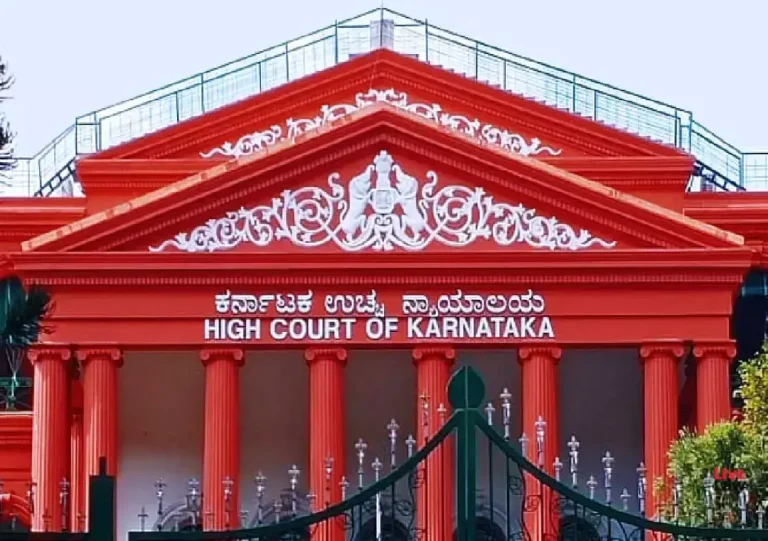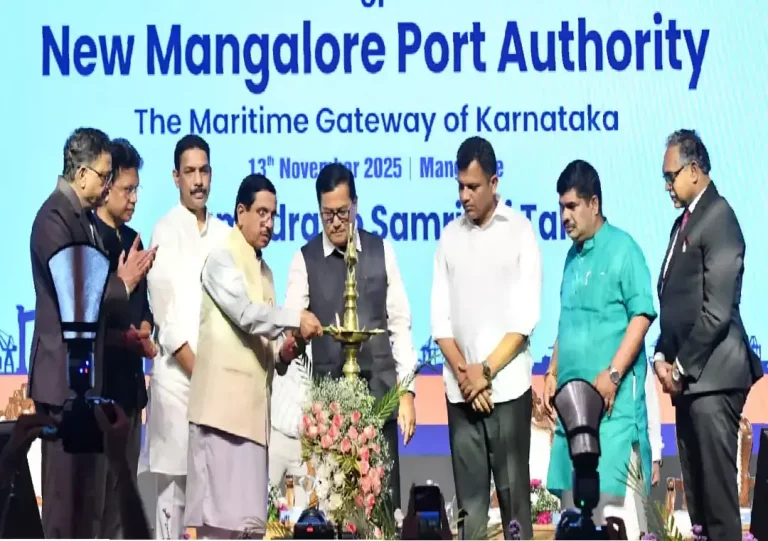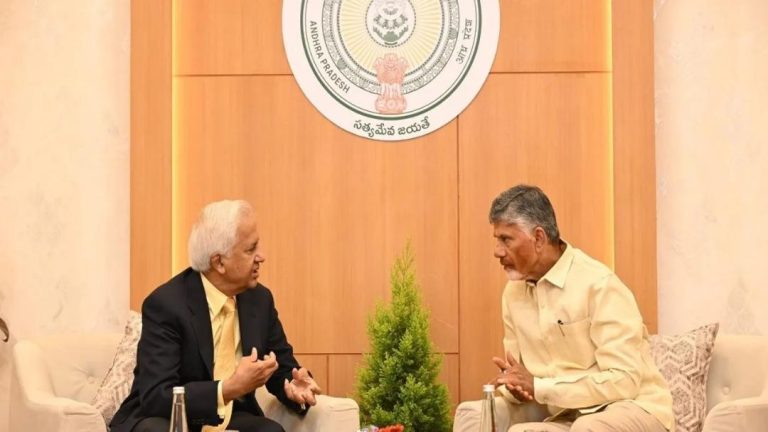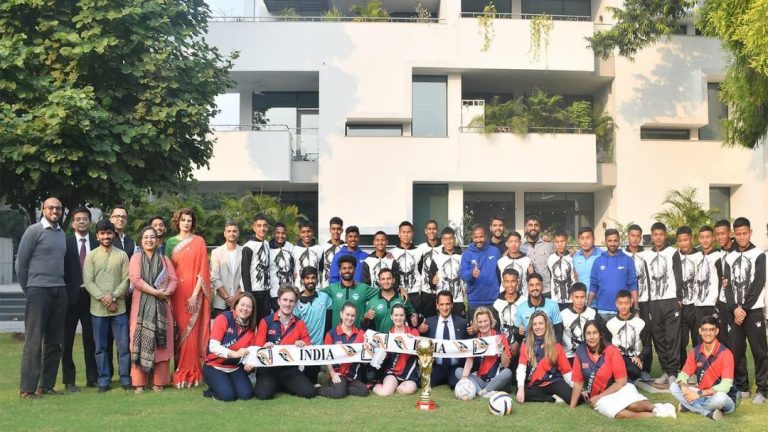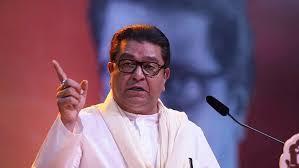
Only Marathi & English be taught in schools: Raj Thackeray to govt
In a recent development, Maharashtra Navnirman Sena (MNS) chief Raj Thackeray has written to the state government demanding a written order that only two languages – Marathi and English – be taught from Class 1 onwards in state board schools. This decision is in line with the government’s earlier declaration, but Thackeray has warned that the MNS will launch an agitation if the government rolls back on this commitment.
The demand for a written order is to ensure that the decision is implemented uniformly across all state board schools, and not just remain a verbal declaration. Thackeray has stated that the MNS will take to the streets if the government fails to issue a written order, emphasizing the importance of preserving the cultural heritage of the state.
The debate around language education has been ongoing in Maharashtra for some time now. While some argue that multiple languages should be taught to promote cultural diversity and globalization, others believe that prioritizing Marathi and English will help preserve the state’s unique identity and improve the overall education system.
In recent years, the government has taken steps to promote Marathi language and culture. For instance, the Maharashtra government has declared Marathi as the official language of the state, and has also introduced measures to promote the use of Marathi in government offices, educational institutions, and other public spaces.
However, despite these efforts, the use of Marathi in schools has been declining. According to a recent survey, Marathi is no longer a compulsory subject in many schools, and many students are opting for English or other languages instead. This trend has raised concerns among language activists and cultural enthusiasts, who argue that the decline of Marathi language and culture is a threat to the state’s identity and heritage.
Thackeray’s demand for a written order to prioritize Marathi and English in schools is seen as a step towards reversing this trend and promoting the use of Marathi language and culture. He believes that by making Marathi and English the primary languages of instruction, schools can promote cultural awareness and pride among students, and also improve the overall quality of education.
Moreover, Thackeray’s demand is also seen as a response to the growing influence of English in Maharashtra. While English has become an important language for globalization and economic advancement, critics argue that its dominance has come at the expense of local languages and cultures. By prioritizing Marathi and English, the government can promote a balance between cultural preservation and globalization.
The MNS has been a vocal advocate for the promotion of Marathi language and culture, and Thackeray’s demand is seen as a continuation of this effort. The party has been known to take strong stands on issues related to language and culture, and has often clashed with the government over these issues.
In recent years, the MNS has also been involved in several campaigns to promote Marathi language and culture. For instance, the party has organized rallies and protests to promote the use of Marathi in government offices and to oppose the use of English as the primary language of instruction in schools.
Thackeray’s demand for a written order to prioritize Marathi and English in schools is likely to be met with resistance from some quarters. Opponents of the move argue that it is a form of linguistic nationalism that seeks to suppress the use of other languages. They also argue that the focus on Marathi and English will limit students’ access to other languages and cultures, and may not prepare them for a globalized world.
However, Thackeray and his supporters believe that the move will help preserve the cultural heritage of the state and promote a sense of identity and pride among students. They argue that Marathi and English are the most widely spoken languages in Maharashtra, and that prioritizing them will make education more accessible and effective for a larger number of students.
In conclusion, Raj Thackeray’s demand for a written order to prioritize Marathi and English in schools is a significant development in the ongoing debate around language education in Maharashtra. While some may see it as a form of linguistic nationalism, others believe that it is a necessary step towards preserving the state’s unique identity and promoting a sense of cultural awareness and pride among students. As the government considers Thackeray’s demand, it is important to weigh the pros and cons of the move and to consider the long-term implications for language education in the state.
Source: https://x.com/RajThackeray/status/1930208483518857496
